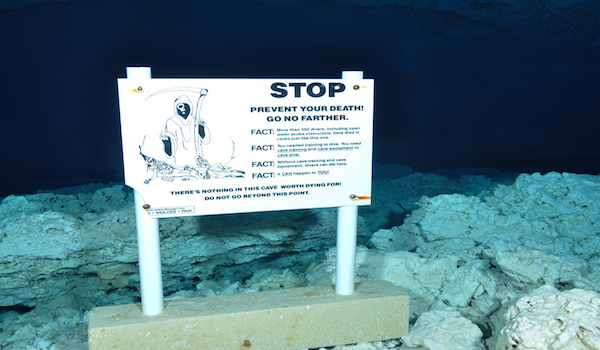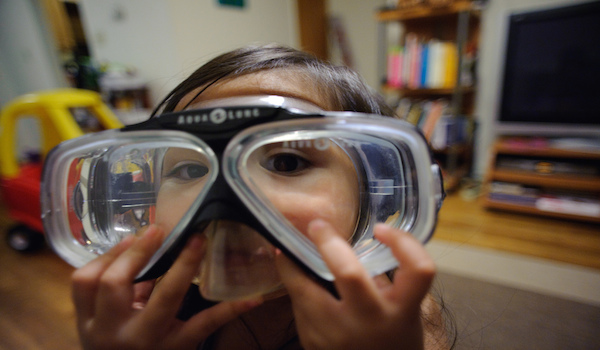5 Scuba Habits You Should Maintain To Be a Safe Diver
How can you maintain great scuba diving habits? There are many lessons that are taught to scuba diving students in entry-level courses, but a lot of these small details are often forgotten once these students become experienced divers.
This doesn’t mean, though that you should forget about the importance of these lessons or fail to implement them at all.
Failing to remember what you learned when you first started out could result in accidents and injuries. Read on and learn more about how to maintain 5 proper scuba diving habits.

Bad suba diving Habits can result in death and injury
1) Always Check Your Gear Before Getting on the Boat
Although many dive centers and dive masters go through the trouble of checking your gear and will help you to get in your gear, the truth is that you should be checking your own gear.
This means taking the initiative to make sure everything is in working order, from your straps and clasps to your computer, whether or not a dive master already did it fior you.
Also read: How to Perform the Pre-Dive Safety Check?
2) Always Use Right-Hand Release Weight Belts
Even if you are left-handed, you should still make sure your weight belt can be dropped using a right-hand release.
The right-hand release is a well-known standard. During an emergency, your buddy will easily be able to help you by quickly releasing the weights with one move.
Remember that when it comes to being in the water, every second is critical, so you don’t want to waste any time.
https://www.youtube.com/watch?v=LaZnVBcwuDk
3) Don’t Forget Your Snorkel
Although a snorkel can be an uncomfortable hassle while scuba diving, it is a necessity that you take it with you.
A snorke serves a few purposes. You can use it, for example, to check out the reef while you wait for the other divers to get in the water with you.
And you can do the same as you wait to exit the water and get back onto the boat.
And when the surface water becomes choppy, you can use your snorkel to keep from accidentally swallowing a lot of salt water.
Ultimately, though, your snorkel will keep you comfortable on the surface of the water, allowing you to breathe as you more easily remove your gear and weight belt while still in the water.
4) Use the Right Amount of Weights
A lot of divers feel like they would rather be over-weighted than not have enough weight.
But you want to find the ideal amount of weight in order to remain safe at all times.
Being over-weighted during a dive will make it more difficult to achieve neutral buoyancy, and it will create a lot of drag which means you will use more air than necessary.
Also read: What is the Peak Performance Buoyancy Course and Why Should You Take It?
5) Keep Your Mask On
Always keep your mask on your face or around your neck.
Most scuba divers are tempted to take off their masks completely upon reaching the surface, but this greatly increases the odds that you could lose it altogether.
Even if you rest your mask on your forehead, a wave can easily make it fall off into the water.

Keep your mask on until you reach the shore or the boat
Take Refresher Courses
Refresher courses are great to reintroduce you to scuba diving tips and safety if you haven’t been on a dive in a long time.
Once you get back into it, you can rest assured that, just as when you ride a bike, your muscle memory will take over.
But taking the right refresher course is always a good idea ahead of time because you won’t need to waste time remembering how to do things like breathe through a regulator or achieve proper buoyancy.
Did we miss any important scuba diving habits? Let us know in the comments below
Feel free to contact us. We have multiple partners that offer dive packages + accommodation and scuba lessons.
This article is published by The Scuba Page, the online magazine for Scuba Dive lovers around the world. The Scuba Page is part of RUSHKULT: the online booking platform for adventure sports. Visit the RUSHKULT platform to book your next Scuba Dive training, guided trip and accommodation.

Leave a Comment